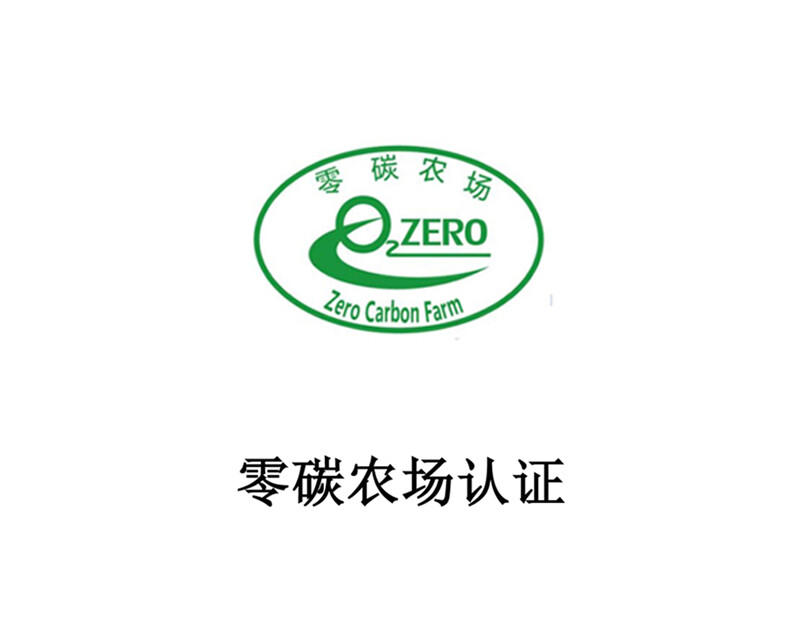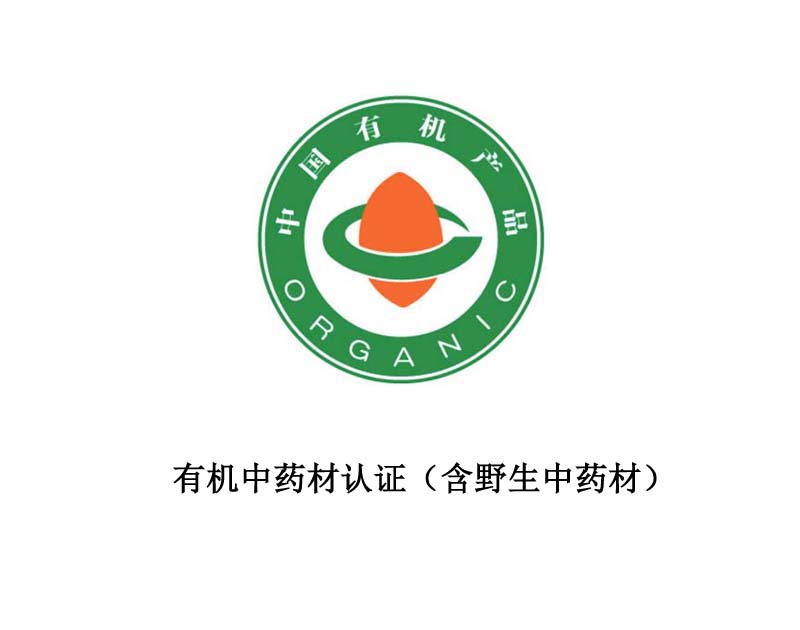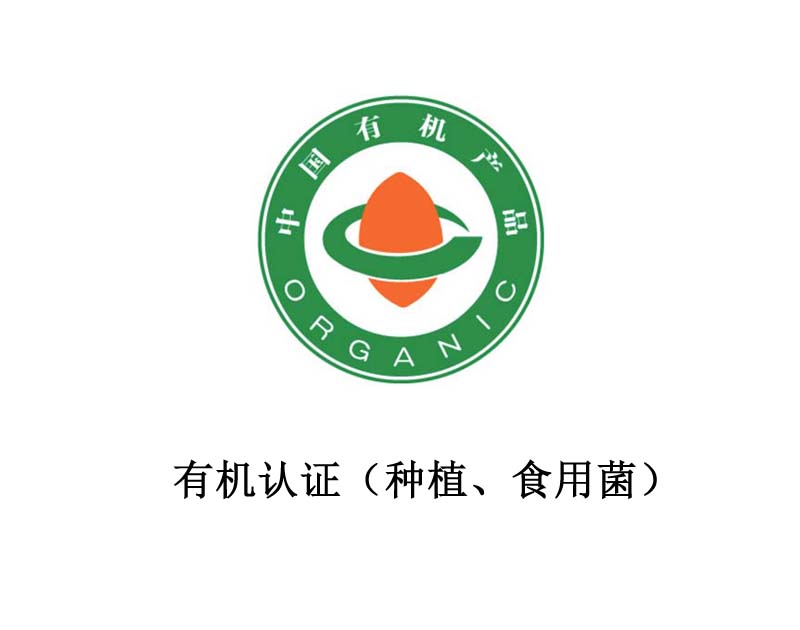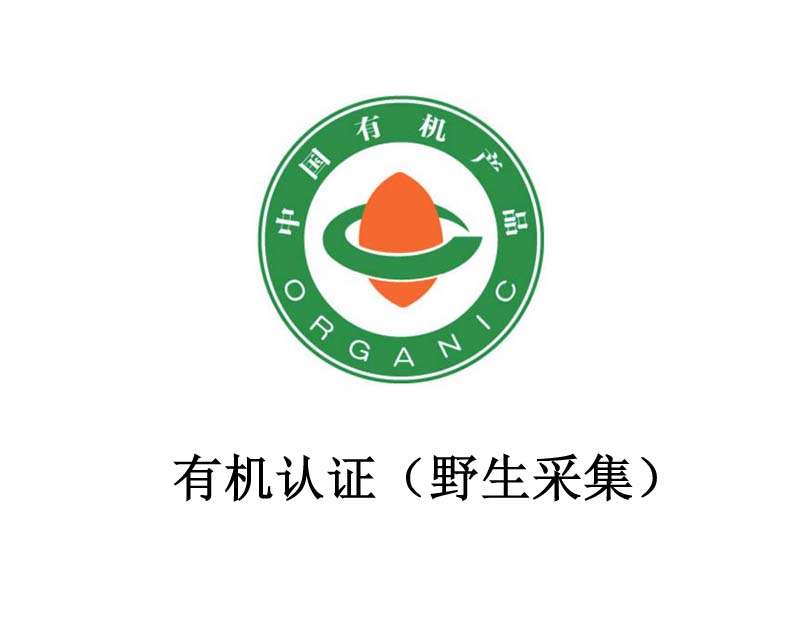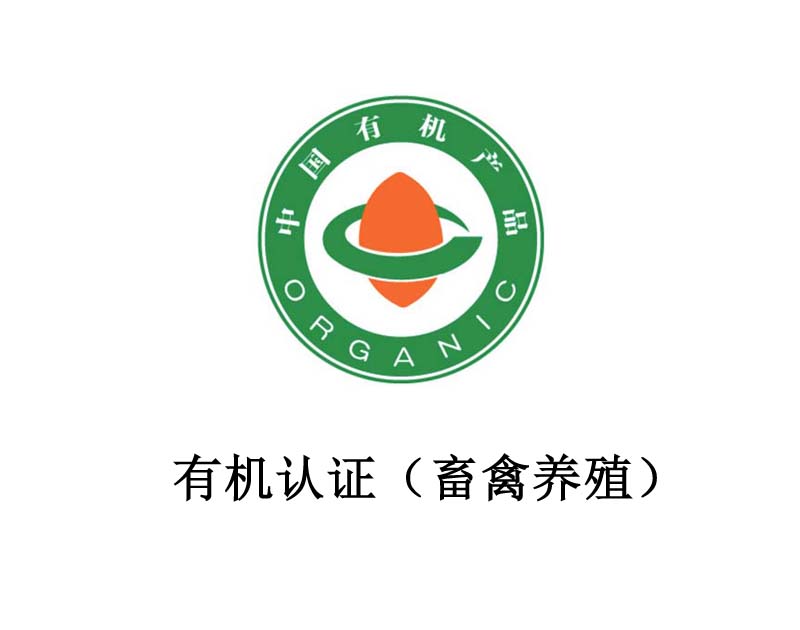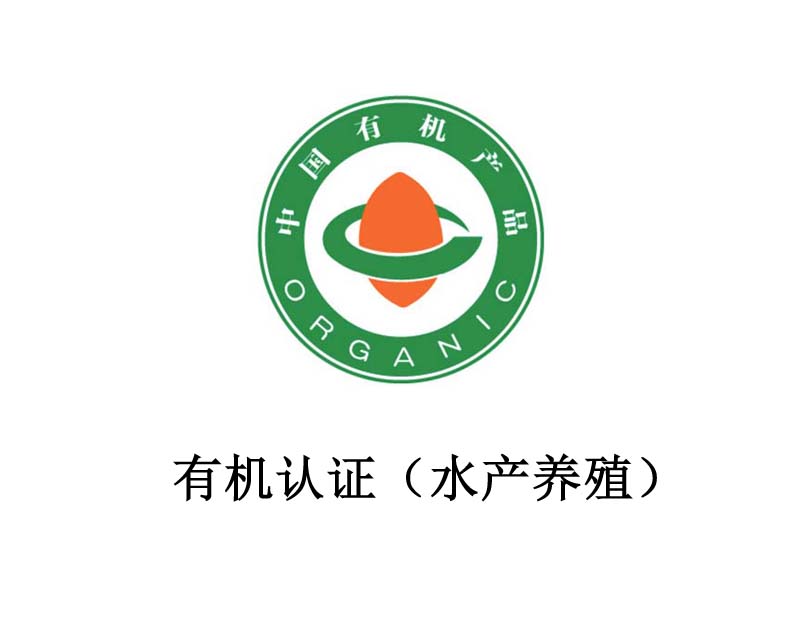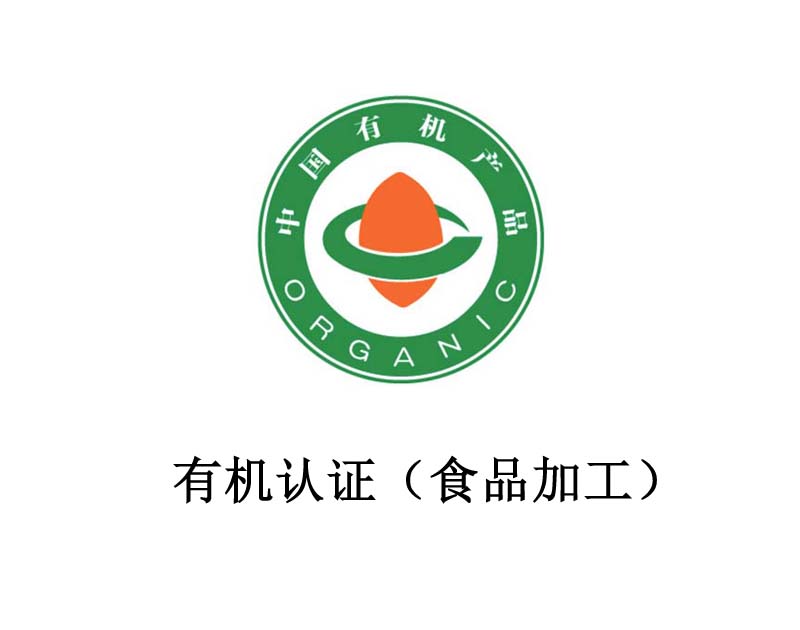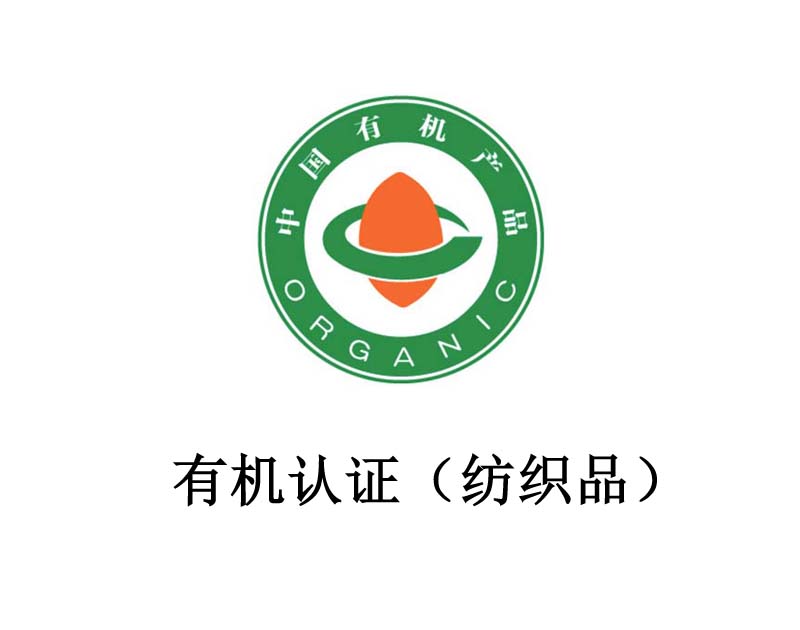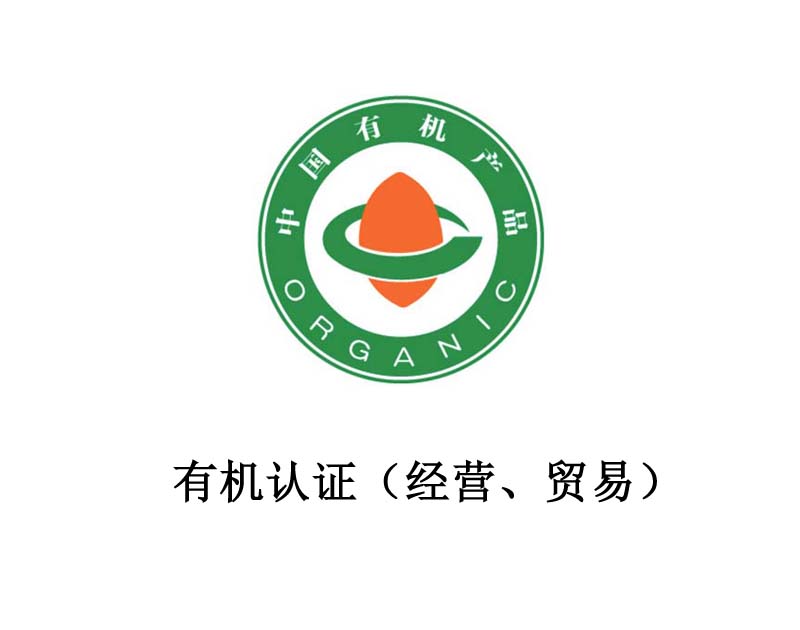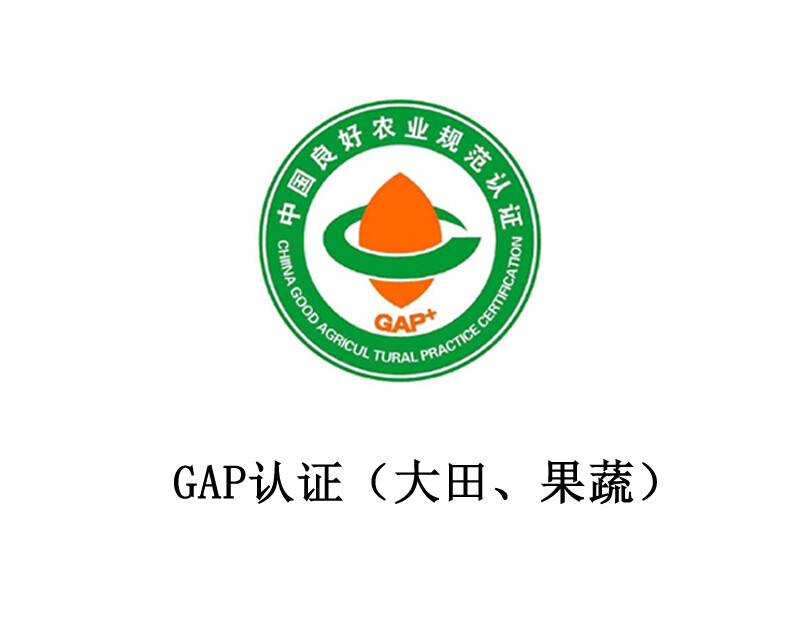Agricultural Product Food Certification Service Network
Technical Support: China Green Huaxing (Beijing) Agricultural Research Institute
Copyright: Guohuan Organic Agricultural Products (Dezhou) Co., Ltd
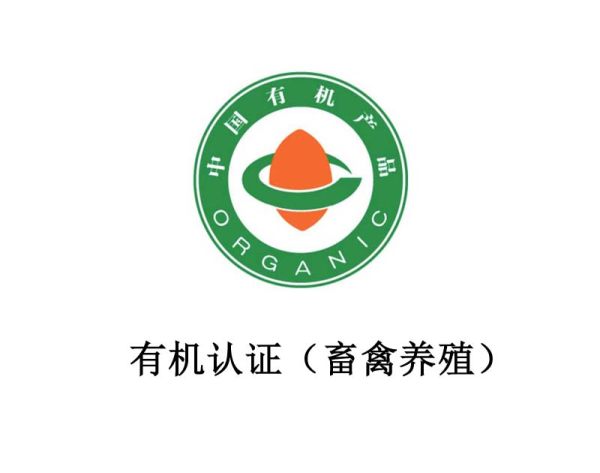
Organic product certification (livestock and poultry farming)
Organic product: refers to products that are organically produced and processed for human consumption and animal food.
【Brief introduction to organic livestock and poultry certification knowledge】:
1. They cannot be kept in cages and must be kept in an activity area that complies with organic standards.
2. The food used for feeding must come from organic bases, and the proportion of organic feed must exceed 90%.
3. Conversion period: 12 months for cattle, horses and camels; 6 months for sheep and pigs; 6 months for dairy cows; 10 weeks for meat poultry; 6 weeks for laying fowl.
4. Age requirements for introduction: Beef cattle, horses and camels shall not be more than 6 months old; pigs and sheep shall not be more than 6 weeks old; dairy cattle shall not be more than 4 weeks old and mainly calves fed with full milk; broiler chickens shall not be more than 2 days old, and other poultry shall not be more than 2 weeks old; laying hens shall not be more than 18 weeks old.
5. Lactation period: 3 months for cattle, horses and camels; 45 days for sheep; 40 days for pigs.
6. Requirements for the use of conventional veterinary drugs: Legal vaccines can be administered, but the vaccines must not contain genetically modified organisms. Hormones cannot be fed, and preventive antibiotics are not allowed. Antibiotics can be used for treatment of illness according to veterinary requirements, and the drug withdrawal period is twice that of ordinary livestock and poultry.
[List of application materials for organic livestock and poultry certification] includes but is not limited to:
1. Business license, animal quarantine certificate, and veterinary qualification certificate;
2. Land contract for the stocking site, a layout of the enclosures, and a layout of the stocking area;
3. Drinking water test report.
4. Apply for environmental impact assessment and pollutant discharge permit when necessary.
5. List of heads of departments and equipment.
6. Feed formula list and purchase receipts, vaccine and veterinary drug list and purchase receipts.
[Preparation work before applying for organic certification] includes but is not limited to:
1. Establish a leadership team (organic product leadership team);
2. Learn to write 2 sets of documents (quality manual and operating procedures);
3. The base implements 1 test: aquaculture drinking water environment test;
4. The base shall establish four lists: 1) a list of base personnel, 2) a list of agricultural equipment, 3) a list of investment inputs (feed, veterinary drugs, vaccines, etc.), and 4) a list of laws and regulations applicable to the certification of the enterprise;
5. Establish and improve production archive records:
1) Standards and agricultural technology training records;
2) Agricultural records (including introduction and removal of livestock, feeding, disease control, epidemic prevention, etc.);
3) Cleaning records of equipment and tools;
4) Recall drills and product quality complaint records;
5) Internal inspection records and internal inspection reports;
